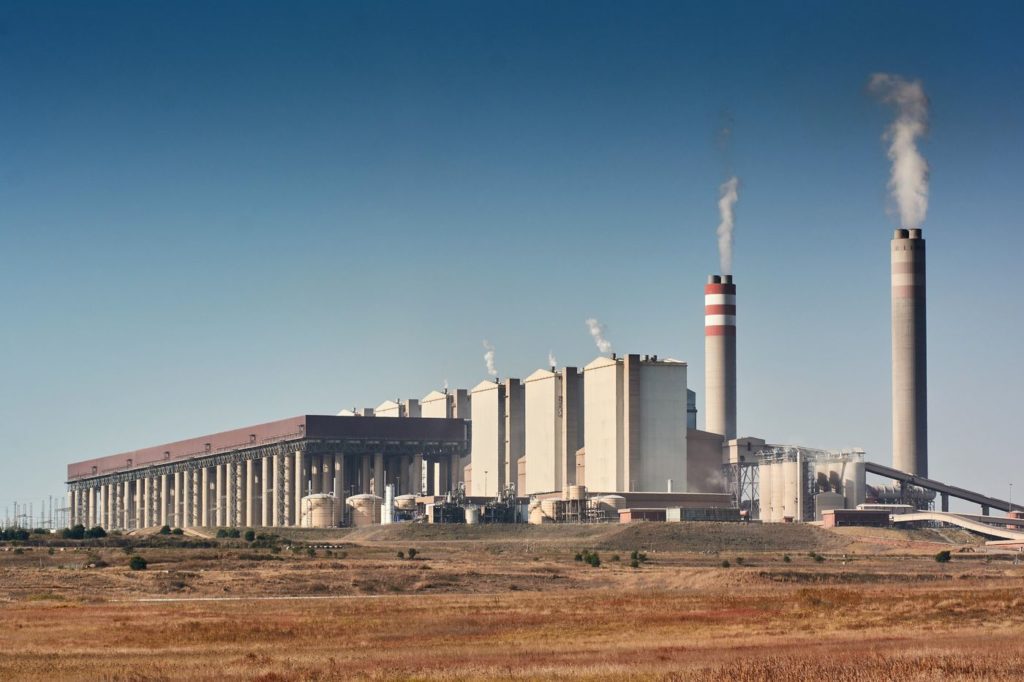ABB – A Three-Time Loser – Settles FCPA Case for Bribery in South Africa for $315 Million (Part I of III)

The Justice Department’s new Corporate Enforcement Policy and the heightened enforcement and compliance expectations were put to the test in its announcement of a $315 million settlement of bribery charges with ABB, a three-time loser in foreign bribery enforcement. In some respects, the new policy should not apply to ABB’s case given its recent announcement but nonetheless the ABB resolution provides some important indicators of important issues for future enforcement actions.
I expect some will say that DOJ’s enforcement action against ABB was a wrist slap for a three-time loser. However, after reading the documents, DOJ’s resolution of the ABB case is reasonable and adheres to its stated principles governing FCPA enforcement actions. However you interpret this case, the ABB enforcement action demonstrates yet again the vitality of DOJ’s commitment to FCPA enforcement, and that the industry can expect additional enforcement actions, perhaps another before years end that may fall within the “blockbuster” category.
Two ABB subsidiaries, one in South Africa and the other in Switzerland, each separately agreed to enter a guilty plea to FCPA conspiracy for violation of the bribery provisions. ABB’s parent agreed to enter into a three-year deferred prosecution agreement (“DPA”) for the same conduct.
ABB’s settlement resolved SEC charges for $75 million (although the SEC had not yet released its settlement with ABB) and several foreign country prosecutions, including South Africa and Switzerland, and an expected resolution with German authorities. DOJ agreed to credit up to half of the $315 million for ABB’s payment of penalties to South African authorities. The South African authorities simultaneously announced a settlement with ABB under which ABB would pay $142 million to the South African government.

ABB’s criminal history presented a length history of misconduct starting with a guilty plea in 2001 for bid-rigging involving a contract in Egypt; a guilty plea in 2004 for FCPA bribery violations in Nigeria; a 2010 deferred prosecution agreement and US subsidiary guilty pleas for FCPA violations in Mexico and Iraq; and administrative resolutions with European and Brazilian competition authorities in 2013 and 2014, respectively.
Notwithstanding this lengthy criminal history, DOJ cited ABB’s “extraordinary” cooperation and extensive remediation. ABB did not earn credit for voluntarily disclosing the violations but did promptly notify the Justice Department after learning of the conduct (which unbeknownst to ABB had been reported in the press).
The FCPA violations stemmed from ABB’s bribery payments to a single, high-ranking, government official from Eskom Holdings, Ltd. (“Eskom”), South Africa’s state-owned, energy company, to obtain confidential information and win lucrative contracts.

Under DOJ’s Corporate Enforcement Policy, DOJ cited the following factors:
- the nature and seriousness of the misconduct;
- ABB’s demonstrated intent to disclose the misconduct promptly to DOJ;
- ABB’s “extraordinary” cooperation with DOJ’s investigation;
- ABB’s extensive remediation, including conduct of a root-cause analysis of the misconduct, investments in compliance personnel, compliance testing and monitoring;
- ABB’s commitment to further enhance its compliance program and internal controls, including enhanced reporting to DOJ
- ABB’s extensive criminal history over the last ten years;
- ABB’s agreement to concurrently resolve investigations with authorities in South Africa and Switzerland, as well as the SEC; and
- ABB’s agreement to continue to cooperate with the DOJ in ongoing investigations.
Under all of these factors, DOJ agreed to award ABB a 25 percent discount from the middle point between the mid and high range of the US Sentencing Guidelines.














